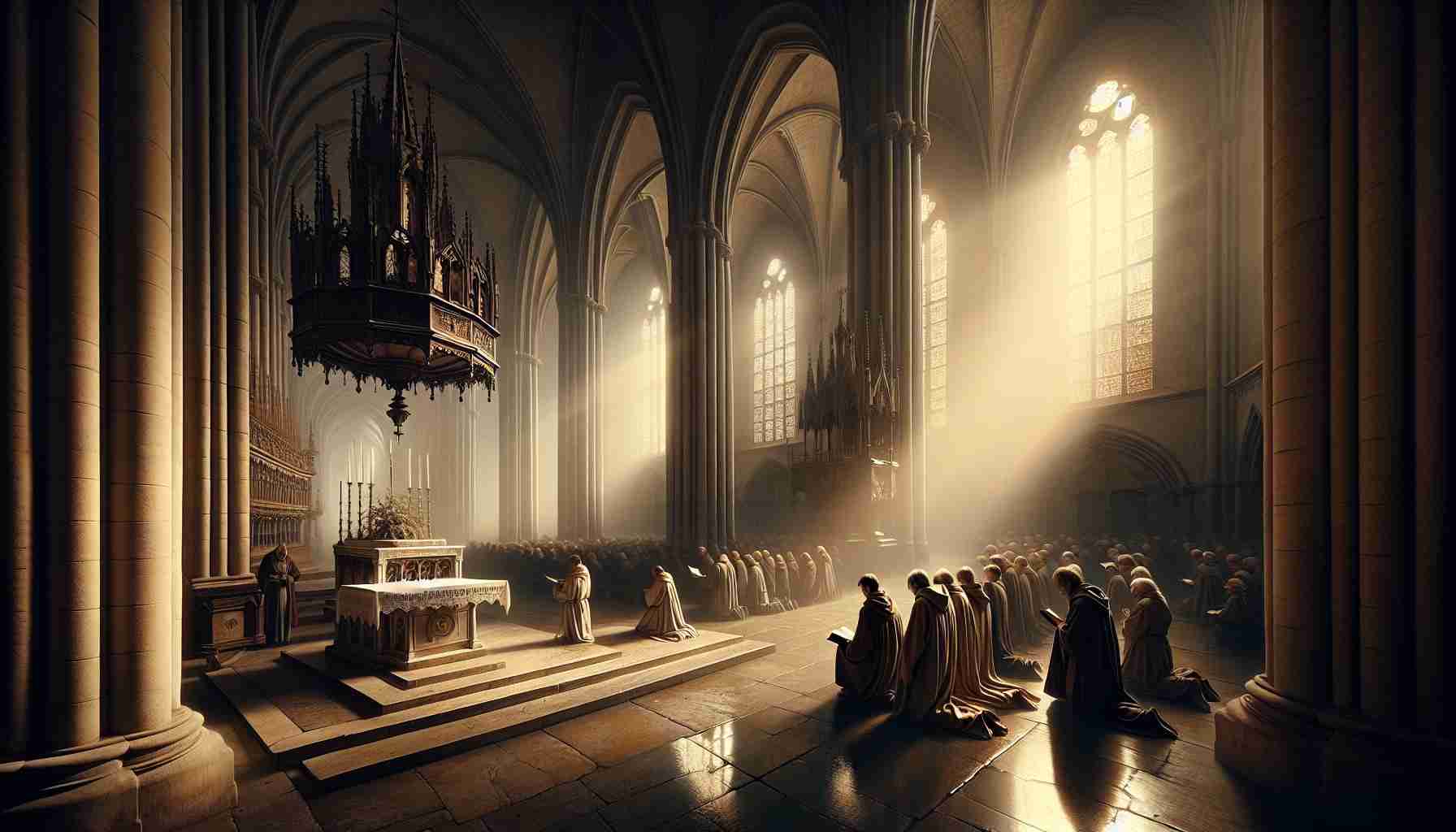

The bells of St. Pierre Cathedral tolled low across Geneva’s gray dawn, their lament echoing through narrow cobbled streets shrouded in mist. The hour had come, and the city—disciplined, God-fearing, watchful—lay hushed. In a modest bedchamber framed by shelves of well-worn commentaries and a table strewn with notations on Isaiah’s prophecies, John Calvin breathed his last. The shuddering silence that followed was not unlike the stillness one found atop Sinai—solemn, expectant, reverent.
"For from him and through him and to him are all things. To him be glory forever. Amen." The words of Romans etched themselves in the room’s hush, words Calvin had clung to in life and now carried into death.
Outside the cathedral walls, elders of the city convened, many with wet eyes, their woolen cloaks heavy with dew and grief. Here was not merely a preacher or theologian gone to rest, but Geneva’s architect—the shepherd who had forged a city of refuge and reform. A hush clung to the stones themselves, to pulpit and printing press alike.
Years earlier, none could have foretold it. Calvin, the reluctant reformer, a scholar who had once desired only the quietude of study, was driven not by ambition but by compulsion. With fire in his eyes and Scripture in his hands, he had taken Geneva and, molding it like clay, built a theocracy founded not upon the sword but upon sovereign grace.
No stained glass adorned St. Pierre’s vast arched interior—by Calvin’s design, distractions had been stripped away, the glory of man humbled under the glory of God. A simple pulpit stood like a tower at sea, from which the reformer had spoken thunder.
“A man chooses not the Lord, but the Lord chooses him,” he once proclaimed, voice ringing against stone. “We are clay, shaped by divine hands, that the Potter might show His mercy.” Heads bent low in the pews as the weight of eternal might framed each syllable.
But it was behind the pulpit, in the ink-stained studies and endless exegesis, that Calvin’s influence radiated farthest. The Institutes of the Christian Religion—penned first in exile, refined in Geneva—became a map for a wandering Church. Pastors in Scotland, elders in Strasbourg, Puritans bound for America clung to its pages as if to the very mast of Reformation.
The last weeks of his life were marked not by retreat but by resolve. Friends begged him to rest—his body was a ruin—but he replied, “Would you have the Lord find me idle when He comes?” And so he worked—teaching in the academy he helped found, dictating sermons, refining commentaries—as though the Lord tarried for his labor.
When asked how he would be remembered, he said simply, “Let no monument be raised to me. Let God alone be exalted.” And so, in death, his burial place remained hidden—no grand tomb, no marble effigy. The city obeyed. Somewhere amid Geneva’s soil, dust returned to dust, for the glory was not man’s to keep.
Yet his absence was a wound, felt sharply in the first Sunday’s silence. A new voice mounted the pulpit, trembling. Calvin's chair sat empty beneath the vaulted ceiling, a still sentinel among the faithful.
Rain kissed the cathedral’s spires that evening. Far in the countryside, a young tanner, newly arrived in the city of refuge, turned the pages of a battered Bible, its margins inked with tiny notes—Calvin’s notes. The words of Romans stirred in his chest: “To Him be glory forever.” In the echo of the reformer’s death, the Word still lived.
The city lights flickered like stars across the water, and somewhere in the hills, a preacher’s echo crawled through time to distant lands. In the decades to come, when kings would rise and religious wars stain borders with blood, the memory of a gaunt Frenchman with fire behind his spectacles would unearth boldness in many. They would preach not Calvin, but Christ—the Christ Calvin so relentlessly pointed toward.
And in every sober hymn, every church governed by Scripture, every believer who dared trust God’s sovereignty above man’s will, John Calvin’s life whispered its final benediction.
A Reforming man had passed—but the Reformation lived on.